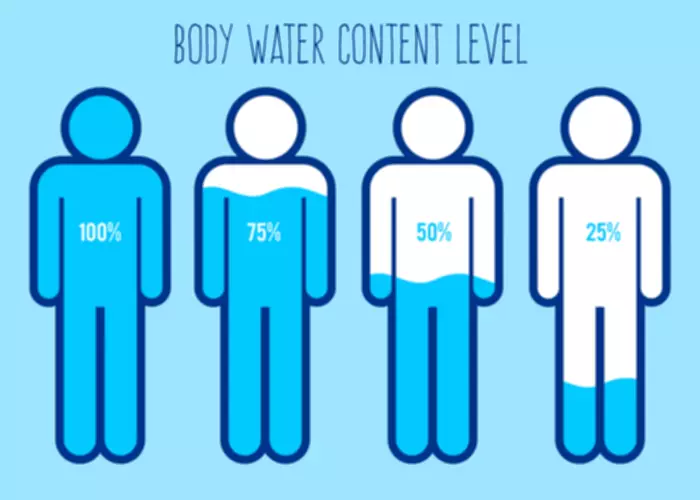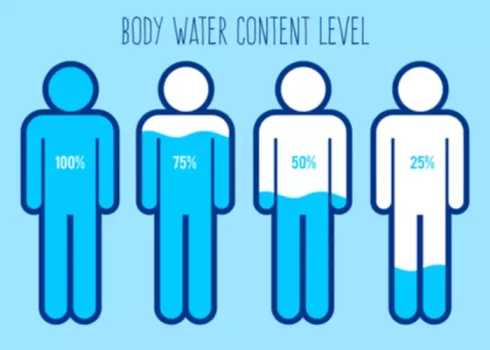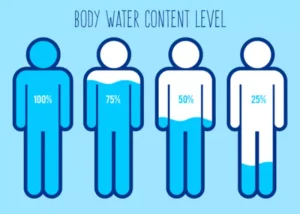Cognitive Behavioral Therapy CBT DrugAbuse

American Addiction Centers (AAC) is a leading treatment provider and has trusted programs across the country. If you are interested in finding CBT near me, call one of our caring admissions navigators at today to learn about treatment options and check your insurance coverage. There are various levels of addiction treatment available, and we can help you determine the best plan for you. Call now to speak with a compassionate admissions navigator and learn about the rehab admissions process. It is advisable to seek a therapist who has not just extensive training but also experience using DBT to treat patients presenting with concerns such as yours.

Everything You Need to Know About Cognitive Behavioral Therapy for Addiction

When reducing substance use, patients can be left with a sense of absence where time was dedicated to use, which can serve as an impediment to abstinence. Thus, concurrently increasing pleasant and goal-directed activities while reducing use can be crucial for facilitating initial and maintained abstinence. During assessment and early treatment sessions, case conceptualization requires consideration of the heterogeneity of substance use disorders.
Effectiveness of CBT for Alcoholism and Addiction
Listen to Greenhouse Treatment Center‘s Gary Malone, MD discuss the role of therapy in addiction treatment. A relative limitation of CM is the availability of funds for providing the reinforcers in clinical settings. When it comes to addiction, CBT can help you take steps to reframe your situation to avoid triggers. When you find a therapist skilled in CBT, you can take steps to apply the skills you learn to future situations. CBT is a way to restructure negative thought patterns and behaviors into healthier ones.
Thought challenges
As with all forms of therapy, it is also advisable to find a DBT therapist with whom you feel comfortable. Risa Kerslake is a registered nurse, freelance writer, and mom of two from the Midwest. She marijuana addiction specializes in topics related to women’s health, mental health, oncology, postpartum, and fertility content. Online therapy can be a great option if you have a busy or unpredictable schedule, or want to have sessions from the comfort of your own home.

Find Cognitive Behavioral Therapy for Addiction Recovery at Oxford
- There are several types of therapy used in addiction treatment, and one of the most effective is cognitive behavioral therapy (CBT).
- As such, problem solving strategies and programming and rehearsal of steps to broader goal attainment may need to be provided, depending on the skills available to the patient.
- When the insurance policy covers treatment at the relevant facility, CBT and other interventions should be covered.
- Many patients seeking DBT have undergone other forms of therapy without experiencing significant improvement.
- Skills building can be broadly conceptualized as targeting interpersonal, emotion regulation, and organizational/problem-solving deficits.
- The primary goals of CBT in the treatment of substance use are to improve motivation, learn new coping skills, change old habits, and learn to better manage painful feelings.
This chapter presents the cognitive-behavioral therapy for substance use disorder, based on the objectives, assumptions, and general foundations of the Beckian approach. The objectives are to explain the cognitive model, comment on relevant aspects of the therapeutic relationship, and present the main strategies and intervention techniques proposed by the approach, as well as innovations in treatment for people with substance use disorders. It is expected to contribute to professionals, students, and the general public interested in the subject to broaden their knowledge on the application of this approach in the treatment of problematic https://ecosoberhouse.com/ drug use. Finally, goal-setting deficits can be targeted within the session as part of treatment. Guiding patients in setting treatment goals can serve as a first practice of this skill building.

Cognitive Behavioral Therapy (CBT) for Addiction

For example, the relative contribution of affective and social/environmental factors can vary widely across patients. A patient with co-occurring panic disorder and alcohol dependence may be experiencing cycles of withdrawal, alcohol use, and panic symptoms that serve as a barrier to both reduction of alcohol consumption and amelioration of panic symptoms. 56 Alternatively, patients without co-occurring psychological disorders may face different barriers and skills deficits, such as difficulty refusing offers for substances or a perceived need for substances in social situations. CBT is one of the most researched forms of treatments, so there is an abundance of evidence and support for its use with a variety of mental conditions, including alcohol and substance use disorders.
- When you find a therapist skilled in CBT, you can take steps to apply the skills you learn to future situations.
- For patients with strong support from a family member or significant other, the use of this social support in treatment may benefit both goals for abstinence and relationship functioning.
- People who have a substance or alcohol use disorder may often struggle with negative feelings or thoughts that make recovery more difficult.
- A benefit of CBT is that you can start making changes right away and use these skills for the rest of your life.
A DBT therapist is a licensed mental health professional who has additional training and experience in DBT. Several organizations provide certification in DBT cognitive behavioral therapy for substance use disorders to qualified therapists who have completed advanced academic and clinical work. Because DBT is a demanding therapy to deliver even for experienced therapists, therapists typically work in consultation with a treatment team and regularly meet with a team. Although empirical support for these interventions is promising, it is most often garnered through efficacy studies in which the treatment is carried out under optimal conditions. However, most SUD treatments occur in service provision settings under conditions that are far from optimal. A limited body of effectiveness research has been conducted examining these treatments without the stringent controls afforded by efficacy trials.
- It is continually aimed at balancing opposing forces and investigating the truth of powerful negative emotions.
- Working together, the therapist and individual try to identify the thoughts, feelings, and circumstances that led to and followed drinking or using.
- If you are interested in finding CBT near me, call one of our caring admissions navigators at today to learn about treatment options and check your insurance coverage.
- In these studies, CBT has been shown most effective when compared with having no other treatment at all.
Lifestyle Quizzes
The Affordable Care Act (ACA) mandates that insurance providers must cover treatment for mental health and substance use treatment.10 This means that your insurance plan is required to cover at least a portion of your care. The ACA applies to all insurance companies, including employer-sponsored coverage, Medicaid and Medicare, and marketplace insurance. People who have a substance or alcohol use disorder may often struggle with negative feelings or thoughts that make recovery more difficult.

0 comments